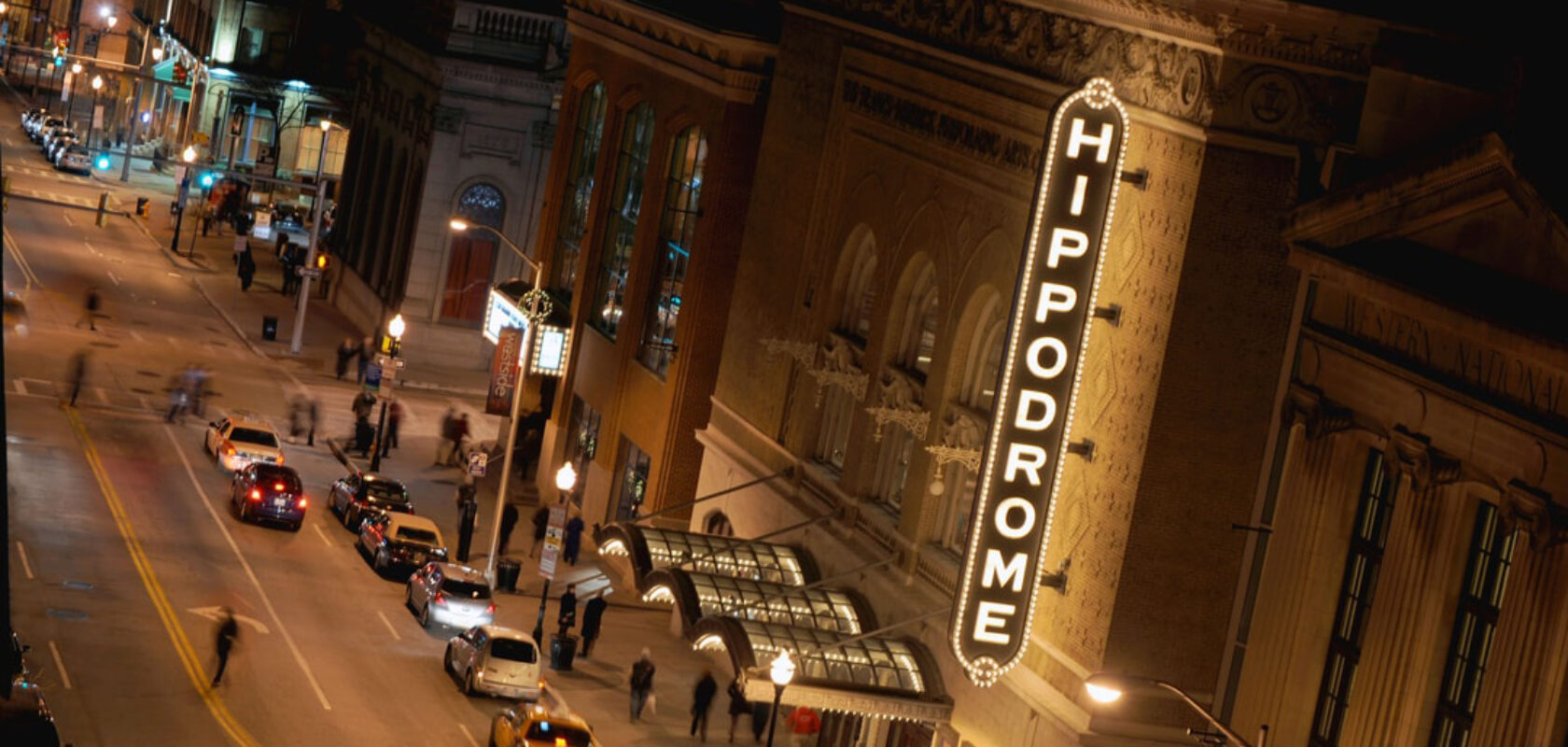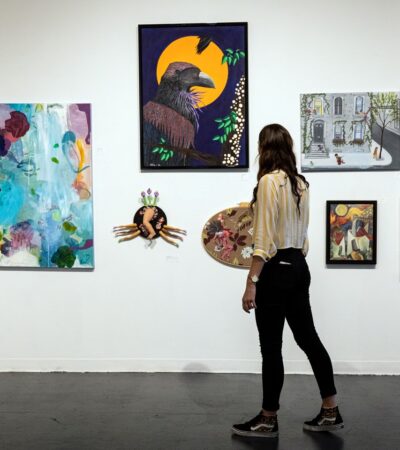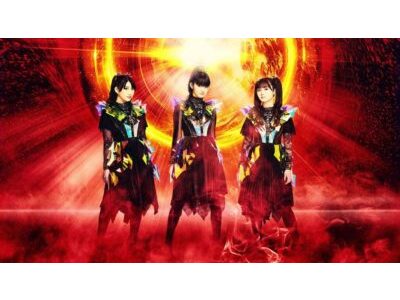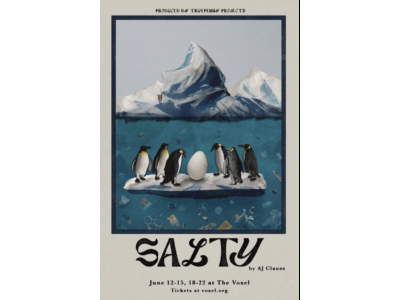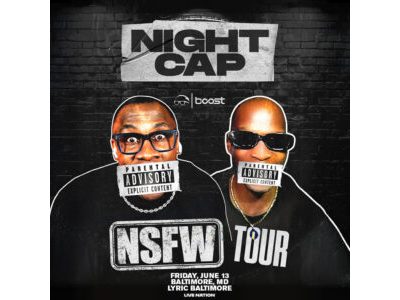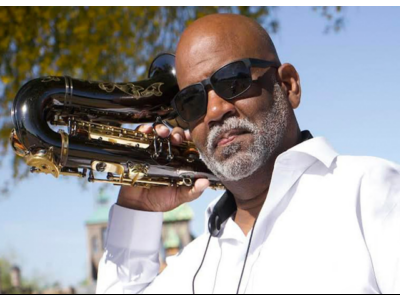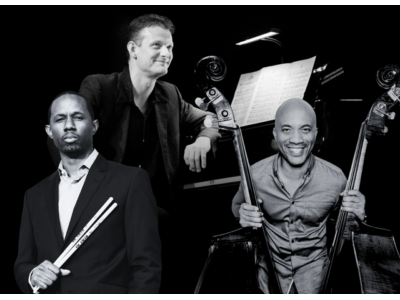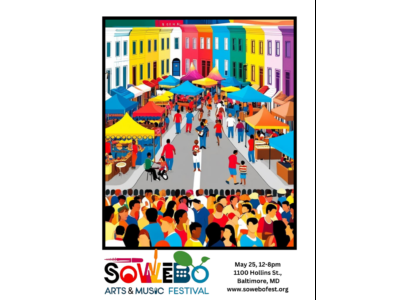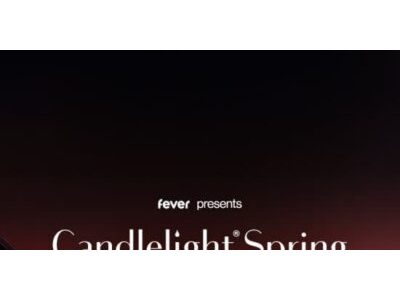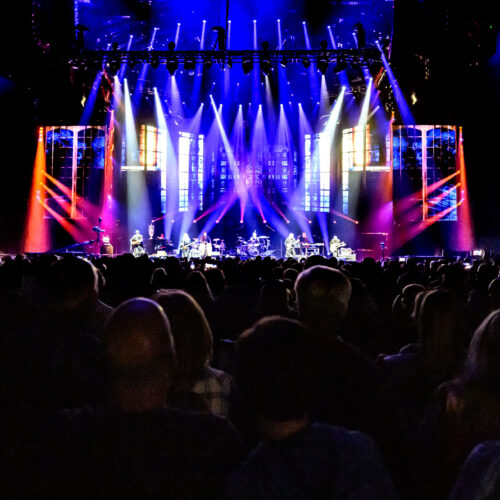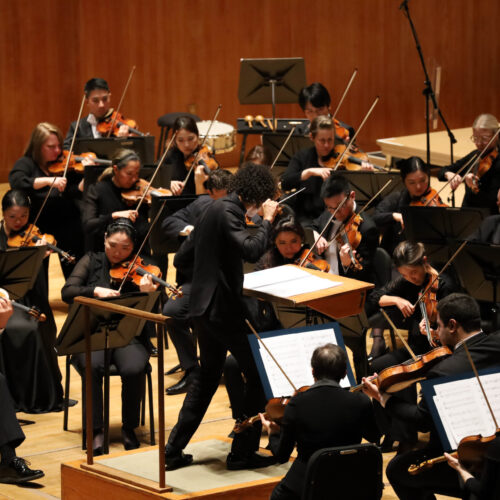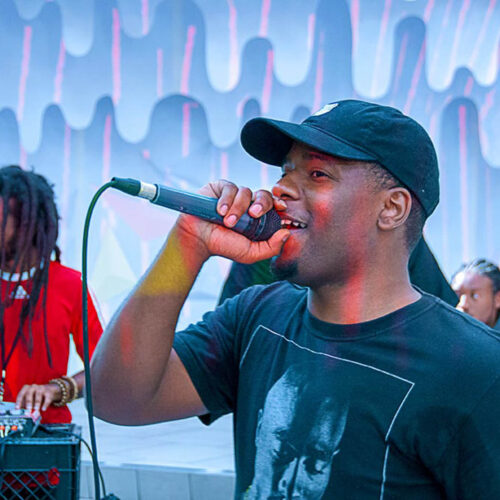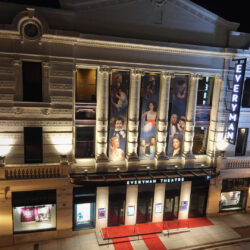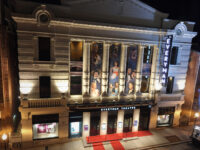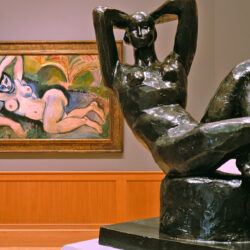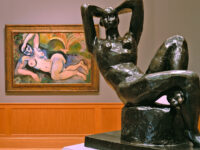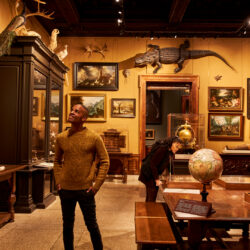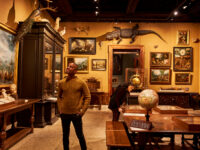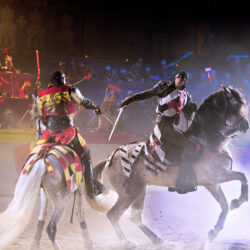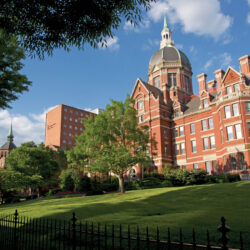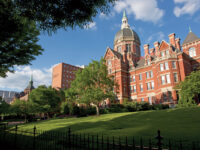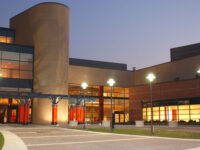Discover Baltimore’s Vibrant Theater Scene
Explore Baltimore's performing arts scene at this line up of historic and independent theaters.
Baltimore is a haven for the arts, and not just the kind you find displayed in a museum. Theater and performing arts options abound, from the grand venues showing Broadway plays to the independent stages uplifting local playwrights. Whatever your preference, read on to learn a little more about some of our most popular theaters and what to expect at each.
Baltimore Center Stage
As the State Theater of Maryland, Baltimore Center Stage is dedicated to making theater accessible to all regardless of race or socioeconomic status. As part of its mission, it develops new works by Maryland-based writers, like David Feldshuh’s Miss Evers’ Boys, and works by Eric Bogosian and Tony Kushner. And since 2014, the company has brought the arts on the road with the Baltimore Center Stage Mobile Unit, an initiative that brings theater to those who might not otherwise have access.
Chesapeake Shakespeare Company
Housed in the landmark renovated Romanesque-style Mercantile Trust & Deposit Company building, the Chesapeake Shakespeare Company has been exploring the question, “What makes Shakespeare so great?” The company’s goal is to help audiences connect in new ways to classic works, both by the Bard and others, including Henrik Ibsen, Thornton Wilder, Charles Dickens and more. They especially seek to reach young people, offering school matinee programs and free tickets for children to limited productions.
Creative Alliance
Located in the Highlandtown Arts & Entertainment District, Creative Alliance is a community arts organization that aims to bring creatives and audiences from different backgrounds together under the belief that art is a powerful tool for place-making and cultural expression. The Patterson multipurpose center features two galleries and a 200-seat flex theater space where you can view a wide variety of performances, from burlesque shows to musicals to candlelight concerts. They also offer several free drop-in art and music classes, as well as trivia nights and yoga sessions.
Everyman Theatre
Differing from many traditional theaters that cast new actors for each production, the Everyman Theatre in Station North Arts & Entertainment District employs a resident company of professional actors that perform together in several shows throughout the season; this dynamic creates a deep bond amongst the actors, and that emotional connection is evident in every production Everyman stages. As for the repertoire, Everyman boasts a mix of classical and new offerings to engage its audience. Past productions have included All in the Timing by David Ives, Fences by August Wilson, The Children’s Hour by Lillian Helleman and A Raisin in the Sun by Lorraine Hansberry.

Fells Point Corner Theatre
The Fells Point Corner Theatre launched in 1987 with a production of Sam Shepard’s Fool For Love. Thirty-three years later, Fells Point Corner Theatre is a thriving volunteer-run, not-for-profit organization. In addition to mounting productions of plays by modern and classical playwrights like Christopher Durang and Caryl Churchill, the Fells Point Corner Theatre also stages work from local artists, such as Mark Scharf’s The Quickening. An annual highlight is the 10x10x10 Festival: Ten ten-minute plays by ten local playwrights.
Hippodrome Theatre at the France-Merrick Performing Arts Center
Constructed on the site on the old Eutaw House luxury hotel, The Hippodrome Theatre opened on November 23, 1914 as a movie palace that featured vaudeville performances. By the 1930s, it had solidified its reputation as a top performance venue, featuring headliners like Bob Hope, Benny Goodman, The Andrews Sisters, Frank Sinatra and more. In 2004, the curtain rose once again on the Hippodrome Theatre as the France-Merrick Performing Arts Center.
Today, you can enjoy Broadway musicals like Hamilton, Cats, Phantom of the Opera and Dear Evan Hansen, ballet and dance performances by world class companies like the Moscow Ballet, and musical and spoken word performances from artists like Demetri Martin and Sarah Brightman, all in this stunning example of the opulent early 20th century theater design.
Iron Crow Theatre
Iron Crow Theatre is an award-winning queer theater that had its beginnings in 2009 as part of Baltimore’s Gay Pride celebration. The very first production, Gay Expectations, brought together artists of every social and cultural identity and inspired the founding members to want to keep going. They created a company and launched their official inaugural season in 2010 with productions of In Durang’s Shorts, Hedwig and the Angry Inch and Swimming in the Shallows, among others.
Joseph Meyerhoff Symphony Hall
Home to the legendary Baltimore Symphony Orchestra, the Meyerhoff is a cleverly designed building that uses a series of convex curves to avoid flat surfaces or ninety-degree angles inside the hall, allowing for optimal acoustics. Besides the BSO’s annual season of performances and special events, the Meyerhoff also hosts guest musicians, lecturers and comedians.
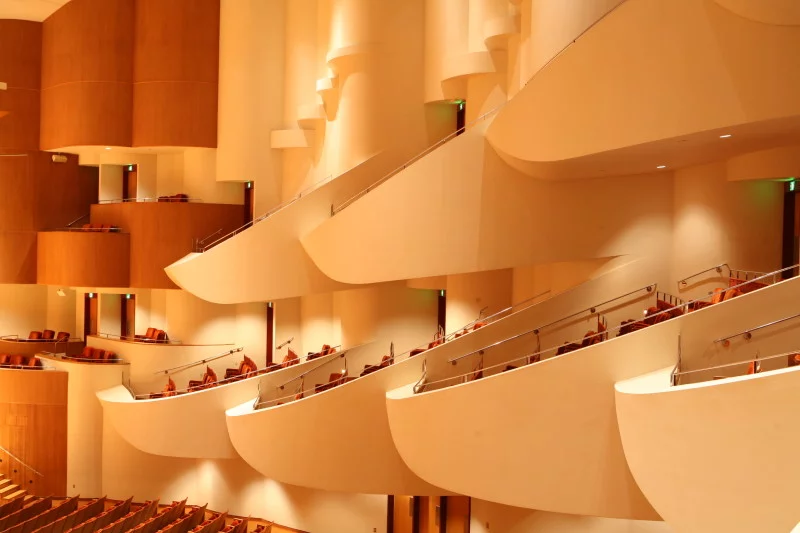
There are 2,443 seats in the Joseph Meyerhoff Symphony Hall.
The Lyric
The Lyric, modeled after the famed Concertgebouw concert hall in Amsterdam, opened in 1894. The theater is primarily used as a concert hall, hosting companies like the Metropolitan Opera and the Philadelphia Orchestra. It also hosts live entertainment and traveling national tours, as well as educational programs in dance, theater, arts and creative writing. Tours of the historical building are available as well.

The Lyric hosts a variety of shows, from orchestra performances to comedy tours.
Spotlighters Theatre
Founded by Baltimore legend Audrey Herman in 1962, Spotlighters has sought to bring bold, diverse theater to the area for more than 50 years. Several alumni of Spotlighters have gone on to win high awards in the arts and entertainment field, including Tonys, Emmys and Obie Awards.
Past productions have included conversation sparkers like Nora and Delia Ephron’s Love and Loss and What I Wore, Peter Schafer’s Equus and A.R. Gurney’s Love Letters. As part of the mission to produce thought-provoking theater, Spotlighters offers special features like Topic Tuesdays, which invite audience members to participate in a discussion on the themes of the shows, as well as educational opportunities such as The Young Actors’ Academy, a theater intensive for high school students.
The Strand Theater
Located in Hamilton-Lauraville, The Strand is Baltimore’s only brick-and-mortar theater space devoted to solely producing works written by female-identifying playwrights. Recognizing that theater traditionally was a man’s occupation, The Strand strives to highlight new voices and amplify the womxn stories that have long been overshadowed. Since its formation in 2007, The Strand has employed a community-first approach and offers an affordable and accessible space for young artists to hone their craft.
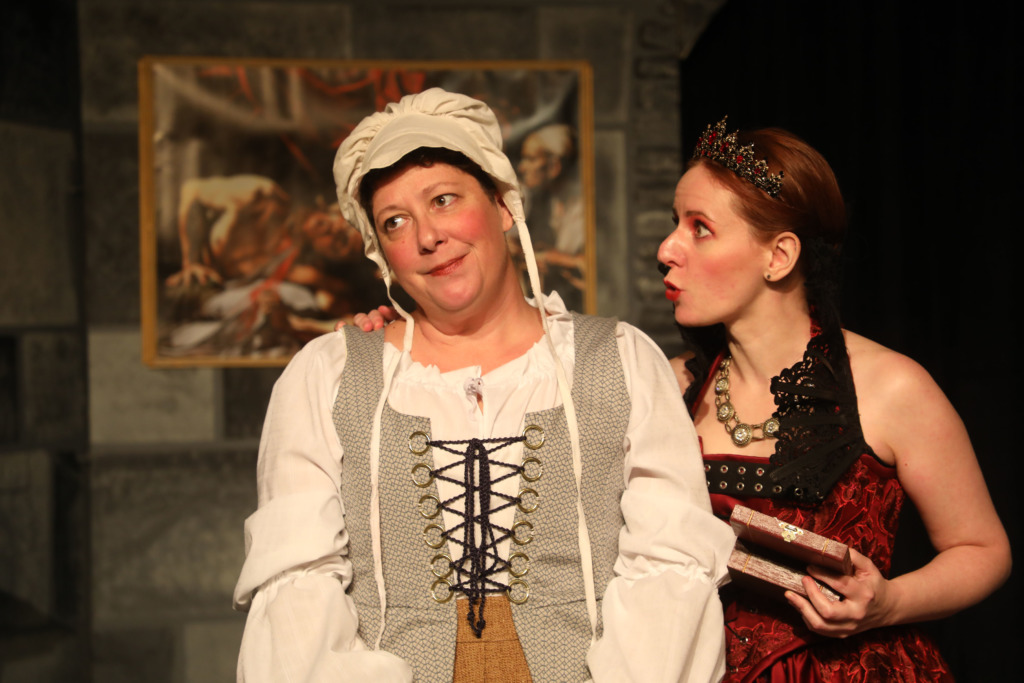
The Strand Theater only performs works by female-identifying playwrights. Photograph by Shealyn Jae.
Vagabond Players
The oldest continuously operating community theater in the United States, Vagabond Players was founded in 1916 as part of America’s “little theater” movement, which sought to bring experimental, non-commercialized productions to more audiences. The troupe launched with a work by H.L. Mencken and later produced works by then-unknown artists like Eugene O’Neill and August Strindberg.
Over the years, the troupe has truly lived up to its name, settling in nine different venues over the past century. The current location is 806 South Broadway in Fell’s Point, where it has mounted productions of Neil Simon’s Brighton Beach Memoirs and The Odd Couple, Larry Kramer’s The Normal Heart, and David Mamet’s Speed the Plow.
The Voxel
Brand new to Baltimore’s theater scene is The Voxel, a black box theater that opened in February 2020. It is homed in the former Playhouse on 25th Street, which in 1946 began its life as the Homewood Theatre, and has gone through several incarnations, including a stint as a church. Founder Chris Ashworth sees a dual mission for the space – as a research lab and teaching center for his company Figure 53, which builds software for performance spaces and companies, including Broadway productions and the 2018 Winter Olympics, and as a theater space, incubator and resource for local artists. Residencies are available for those wishing to mount productions, with classes offered as well. The first production at the Voxel, The First Thing That Happens, was a six-person opera from local playwright Lola B. Pierson and avant-garde rock band Horse Lords.
